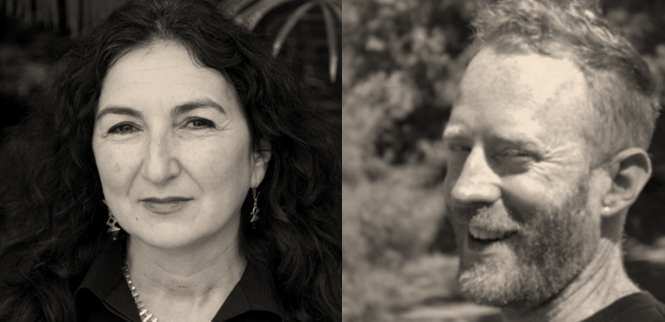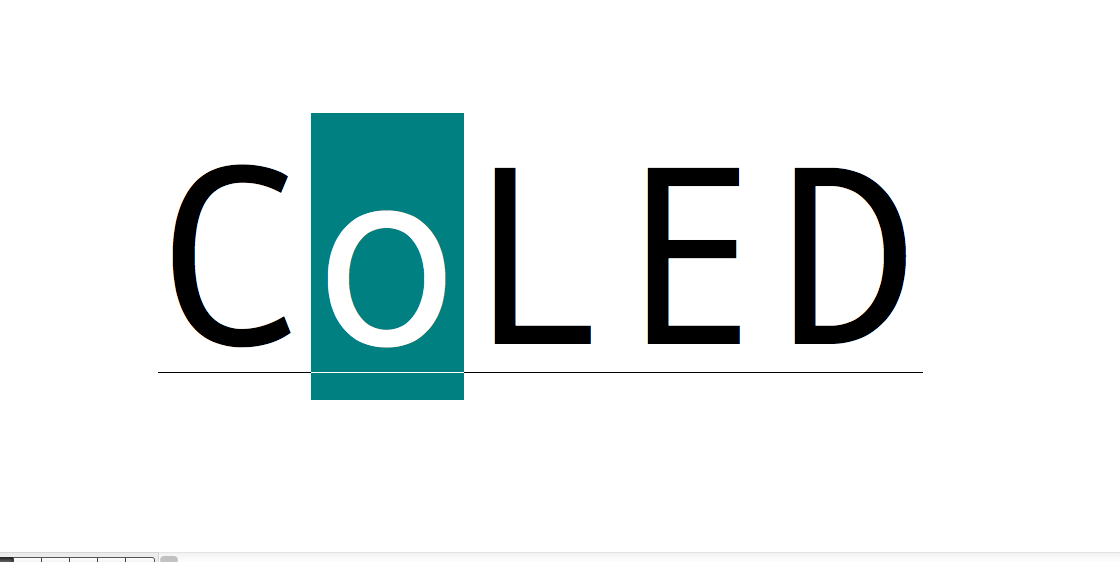by chartblay | Apr 27, 2016 | Reflections on Ethnography and Innovation, The CoLED Perspective, Workshops
What goes on at a CoLED workshop?
Yelena Gluzman (UC San Diego) reflects on the March workshop at UC Davis in a post on the Society for Social Studies of Science website’s Backchannels blog. Recalling a segment of the workshop led by Joe Dumit, she writes:
In one exercise, each of us was instructed to secretly select two people in the group. Without revealing who they were, we had to keep the first person to our right, and the second person to our left. Following these rules instantly put the entire group into movement, first at a walk, and then accelerating (despite ourselves) to a run, with group members veering as they tried to maintain their position in relation to their chosen two.
In another exercise, the groups received a different score. Small groups were sent outside with the instruction to find an object and bring it back to present to everyone. Upon returning, workshop organizers prompted participants to write down everything we recalled about the expedition other than the object we chose.
In both cases, the scores were ways to attune to the process of observation without separating ourselves as observers from the emergent action in which we were embedded. Instead of bracketing the embodied and situated condition of participant-observation, these scores highlighted ways in which embodied experience could be available as part of a research object.
Read more – and see photos – here.
by chartblay | Feb 4, 2016 | Reflections on Ethnography and Innovation, The CoLED Perspective, Workshops
By Katie Cox, Connie McGuire, Michael Montoya
** This is the second post in a series in which scholars and practitioners reflect on ethnography and innovation, with a particular focus on the University of California System.**
This blog post springs from a collective at UC-Irvine called the Community Knowledge Project (CKP), an initiative in the CoLED network. CKP seeks to create collaborative spaces to reimagine the world, how to know it, and how to heal it. This post is a reflection on the CoLED workshop held at UC-Irvine in October of 2015.
As part of CoLED’s fall workshop at UC Irvine, CKP proposed an encounter between workshop participants and the UCI Farm. UCI Social Sciences founded the short-lived Farm project in 1968 as an experimental enterprise in ethnographic knowledge-making. Using a reading practice called Feminist Theory Theatre (FTT), developed by graduate students at UC San Diego, CoLEDers staged improvised performances based on texts and archival media about the Farm.
(more…)
by chartblay | Sep 11, 2015 | Reflections on Ethnography and Innovation, The CoLED Perspective
 Dear Friends and Colleagues:
Dear Friends and Colleagues:
It is with great pleasure that we inaugurate this website and launch the University of California’s Collaboratory for Ethnographic Design (CoLED). (more…)
by coled | Sep 4, 2015 | Ethnocharettes, Initiatives in our Network, Reflections on Ethnography and Innovation
** This is the inaugural post in a series in which scholars and practitioners reflect on ethnography and innovation, with a particular focus on the University of California System.**

By George Marcus
When I arrived at UC, Irvine in 2005, there was already a considerable and diverse interest in the application of ethnography to various disciplines, aside from anthropology. For example, there was (and has been) the work of Paul Dourish and Bonnie Nardi in Informatics, that of Susan Coutin, among others in Law & Society and criminology; David Snow and others in sociology; and especially for me, the work and interest in ethnography among those in the critical theory program (and especially in the now defunct Critical Theory Institute)—here the work of Gaby Schwab (writing on ethnography) and David Theo Goldberg (in a two year project on the effects of recent wars on US society) stand out. Also, the years that Etienne Balibar was at UCI were very special for cross-disciplinary collaboration involving core issues of ethnographic theory and method. There had been various interesting collaborations on a regular basis among these units. Based on this rich environment for exploring new applications and understandings of ethnography, and also on my own perceptions about how basic anthropological research had been changing in its forms from the 1990s into the first decade of the new century, I proposed the founding of a campus level Center for Ethnography, which came into being in 2005. From the very beginning it has operated as an international center, as well, for considering changes and innovations in ethnographic method, with over 300 international correspondents.
(more…)


